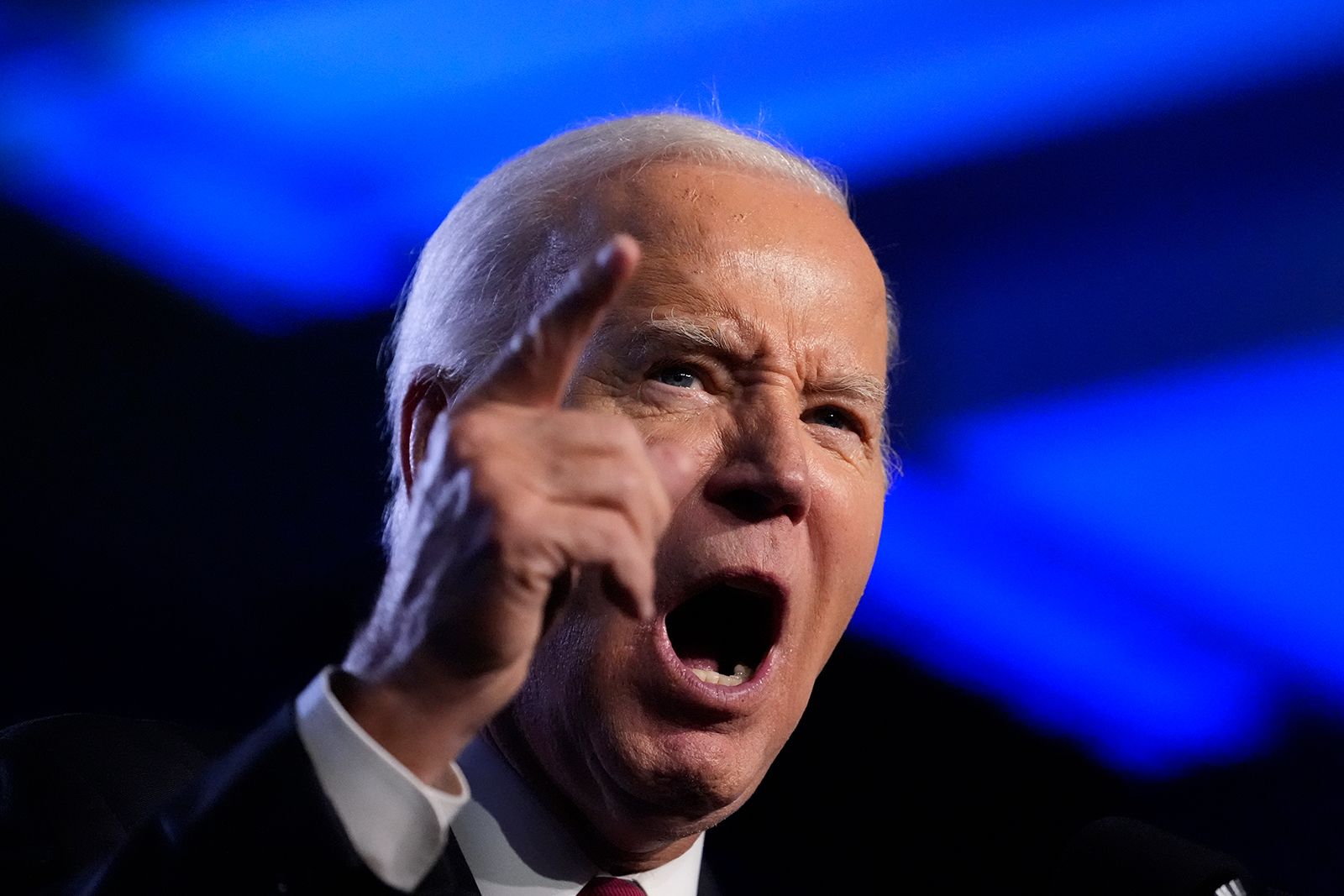While Donald Trump’s supporters often dominate headlines, it may be Joe Biden’s voters who determine the outcome of the general election. The potential rematch between the former and current presidents is becoming increasingly likely, given Trump’s early dominance in the Republican primary process.
Since Trump’s emergence on the national political scene in 2015, much attention has been given to understanding the motivations of his fervent “Make America Great Again” followers. However, the diverse groups of voters who supported Biden in 2020 may hold the key to the upcoming election, depending on their level of enthusiasm and shifting political priorities.
Democratic political strategists acknowledge that Biden faces a challenging task. Trump’s supporters are eager for the battle, and he has a more robust political operation than in previous elections. Local Republican officials predict that Biden’s chances could be complicated by Republicans who were previously repelled by Trump’s conduct but now view his presidency more favorably.
Trump’s rise, despite legal threats and his 2021 attack on democracy, coincides with growing concern among Democrats about the stability of the support base that propelled Biden to the White House. This time around, Biden will be judged on his own record, unlike in 2020 when he capitalized on the chaotic pandemic leadership of Trump.
Signs of an unpopular president’s broad support base fraying or disengaging have alarmed his supporters and provided encouragement to Trump. Biden has been interrupted at public events by protesters demanding a ceasefire in Gaza, highlighting the dissatisfaction of some progressive, young, and Arab American voters with his support for Israel’s response to Hamas terror attacks.
Quentin Fulks, Biden’s principal deputy campaign manager, emphasized the president’s broad and powerful base. “We should … not forget how President Biden beat Trump in 2020. By assembling a diverse coalition including voters of color, young voters, suburban voters, including suburban women, and making gains among rural and white working class voters in battleground states,” Fulks said.
The complexities of incumbency are evident in Biden’s handling of Israel, which epitomizes the challenges of power. Every presidential decision can cause a counter reaction. Successful presidents must constantly balance and mitigate the effects of actions taken in the national interest or to advance their own sometimes conflicting positions.
Concerns about the durability of Biden’s coalition have been fueled by his low approval rating, which has hovered at or below 40% for months. The possibility that this base could fracture was exposed in polling last year that identified a weakness among the voters he needs to demonstrate strength.
As the prospect of a Trump vs. Biden general election has solidified in recent weeks, the White House has stepped up efforts to court key constituencies and bolster the president’s electoral standing. Vice President Kamala Harris has been deployed to campaign where she is most effective, including as the key messenger to women voters.
Both Biden and Trump expanded their respective party coalitions in 2020, according to the Pew Research Center. Biden did well with suburban voters and attracted the traditional Democratic coalition of Black, Hispanic, and Asian and Pacific Islander Americans. He made gains with men, but Trump made inroads among Hispanics and women.
Trump’s choice of issues – immigration, the economy, crime, and foreign policy – is designed to play into and exacerbate a sense among many voters that the country is spiraling out of control and is vulnerable to external threats.
Some Republicans argue that those who opposed Trump in 2020 will return to the Republican ticket in 2024 due to disillusionment with Biden’s liberal agenda. “They’re back,” said Chuck Morse, a veteran Republican officeholder in New Hampshire. “People want that order and they think Trump can deliver that.”

